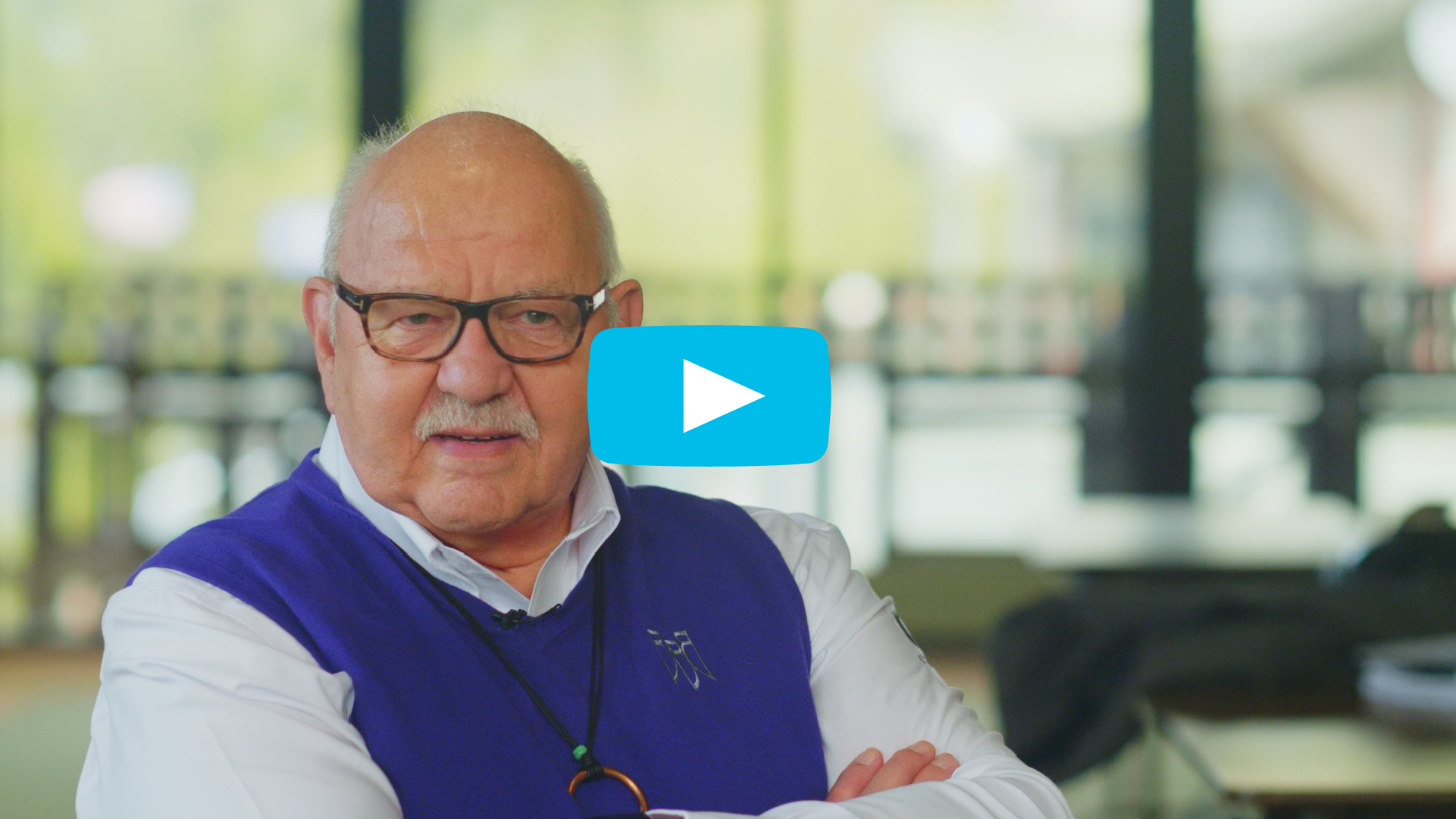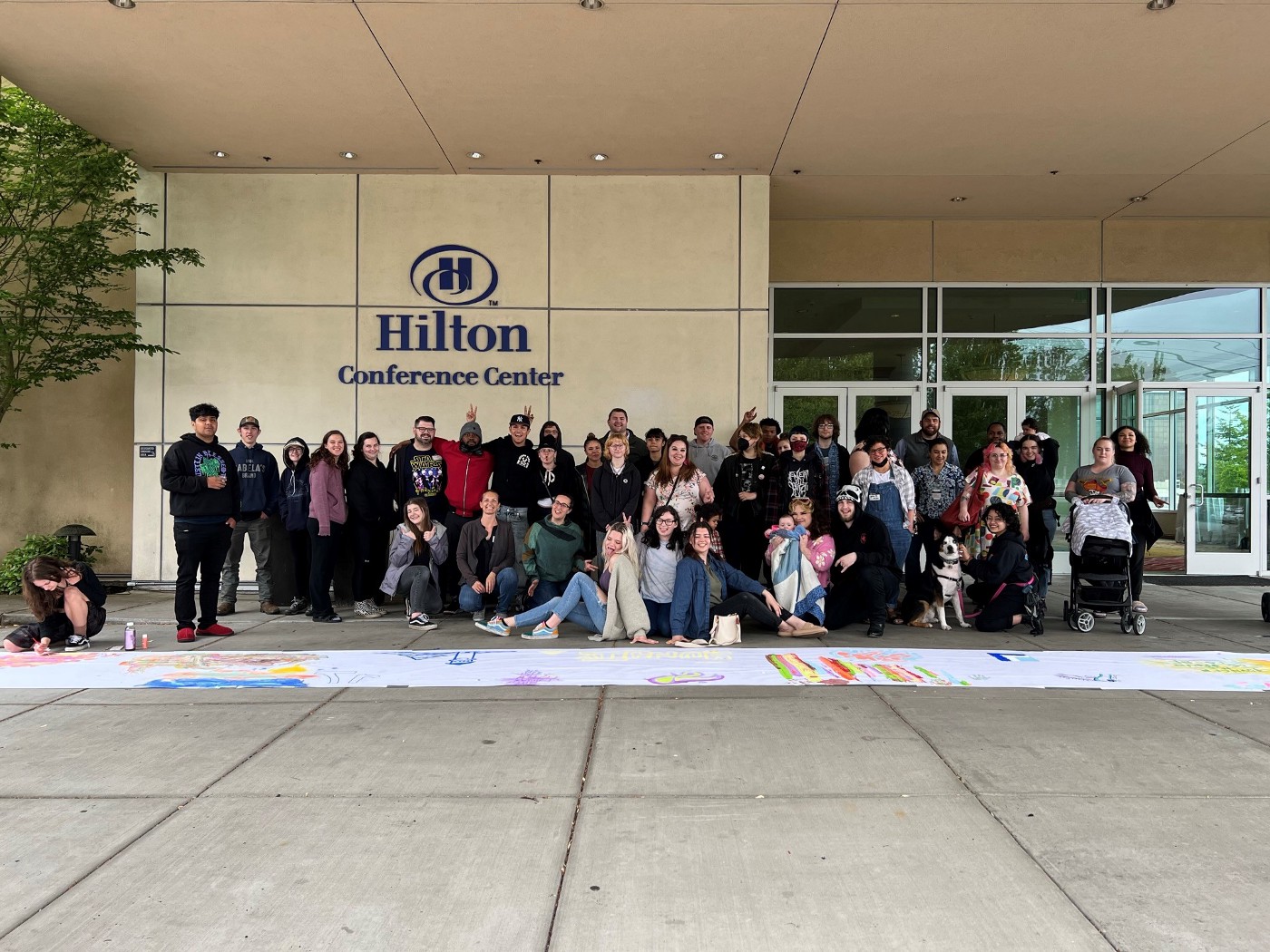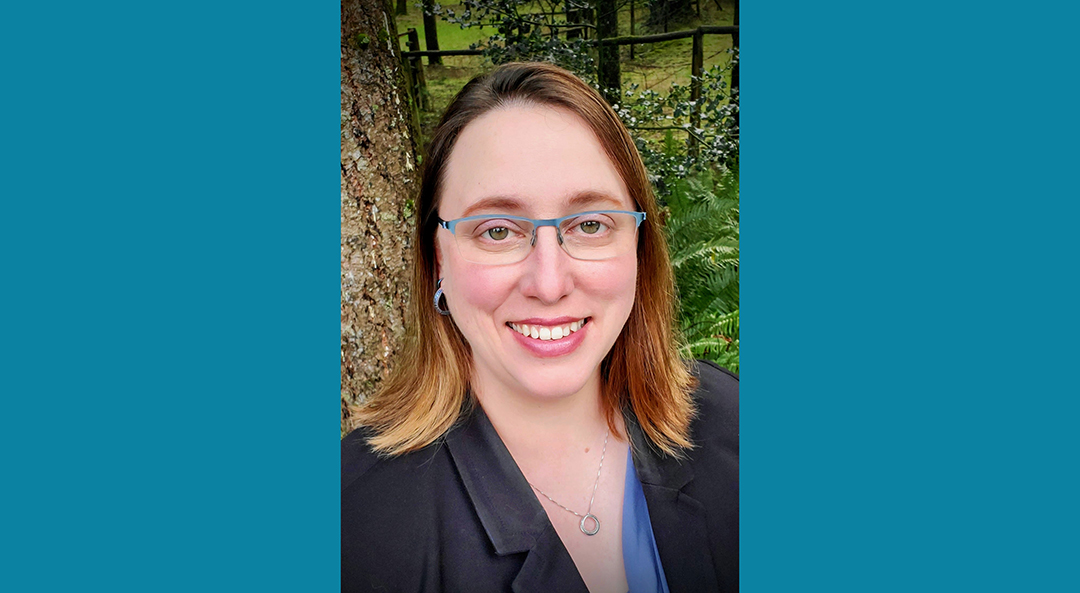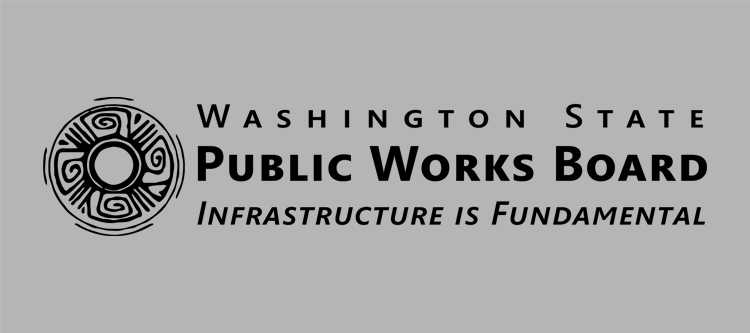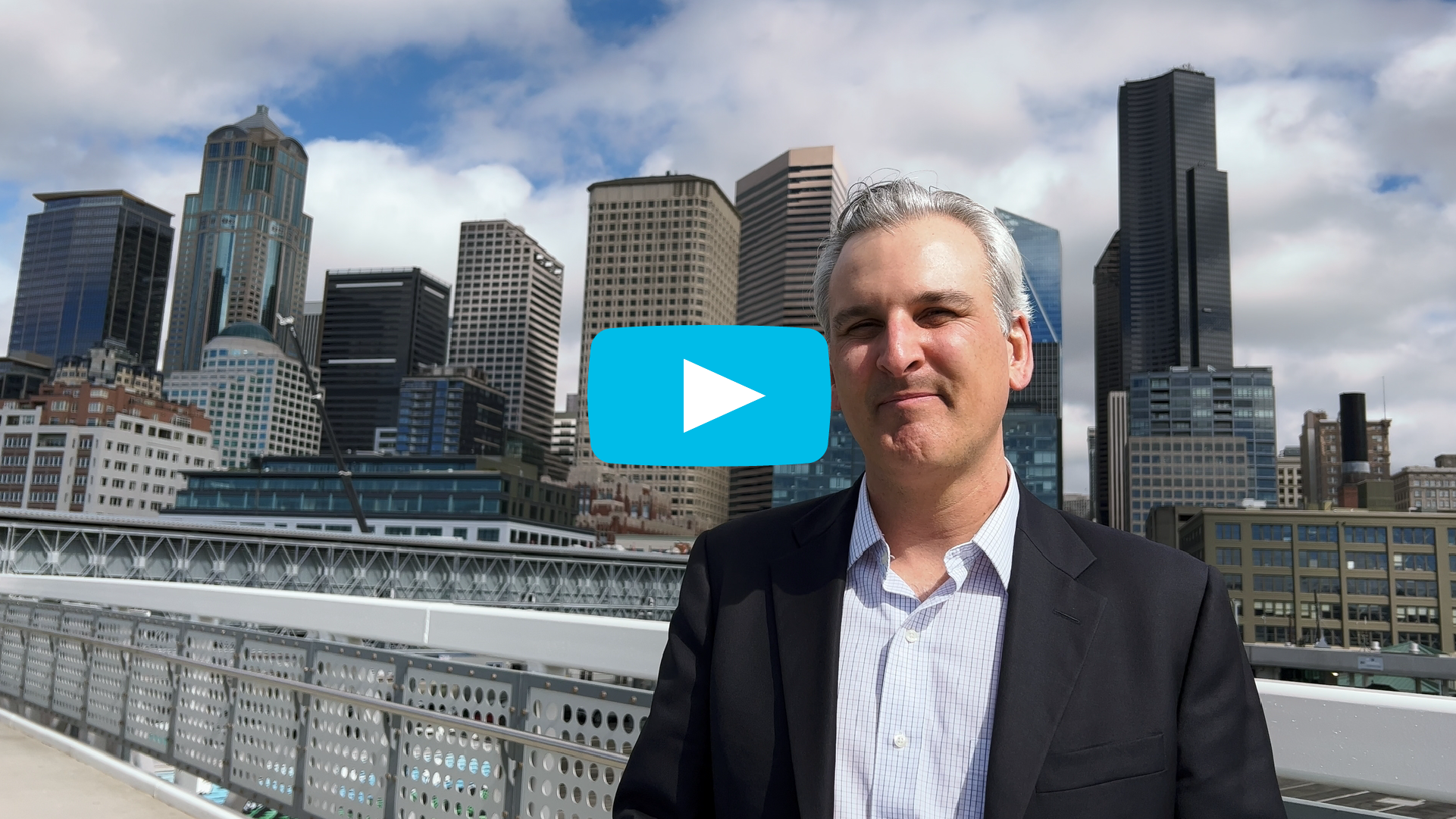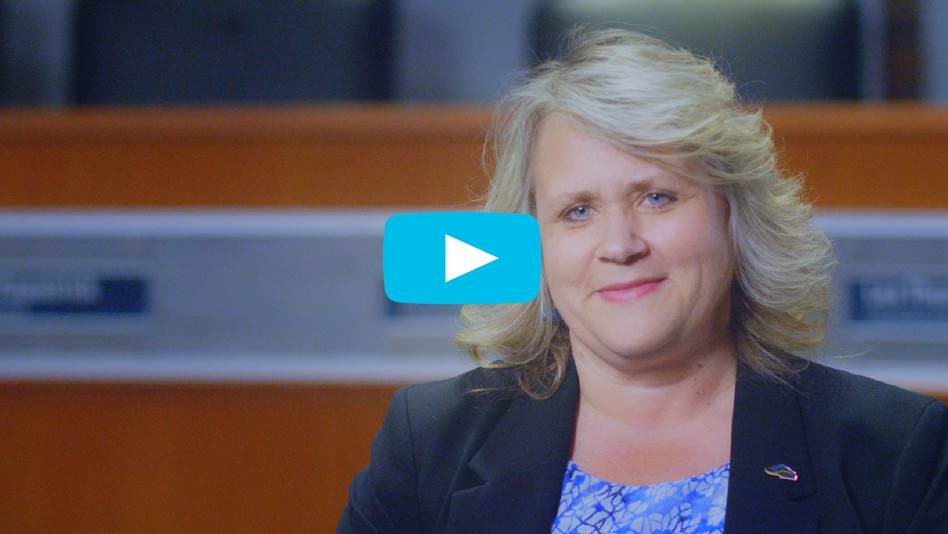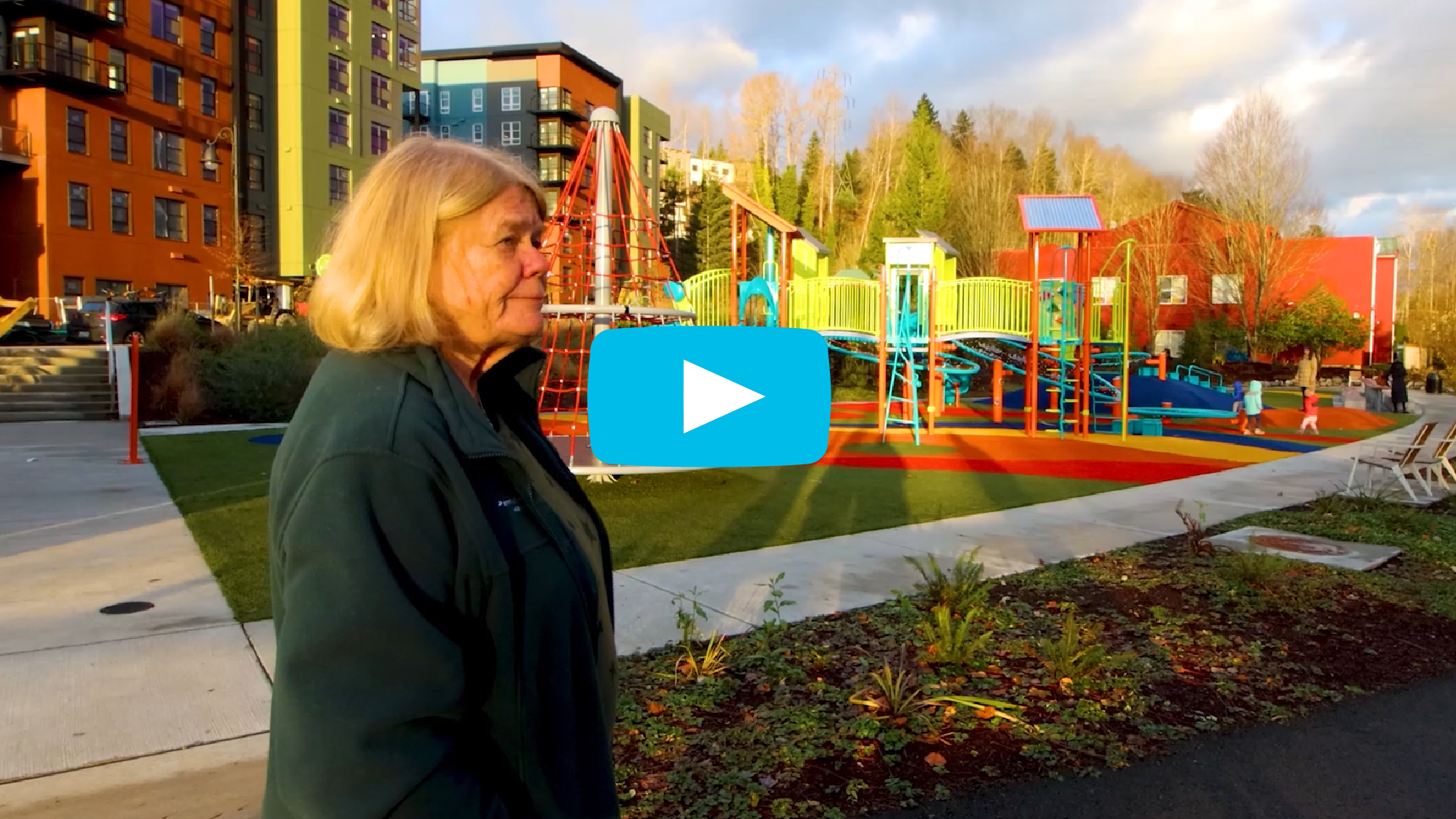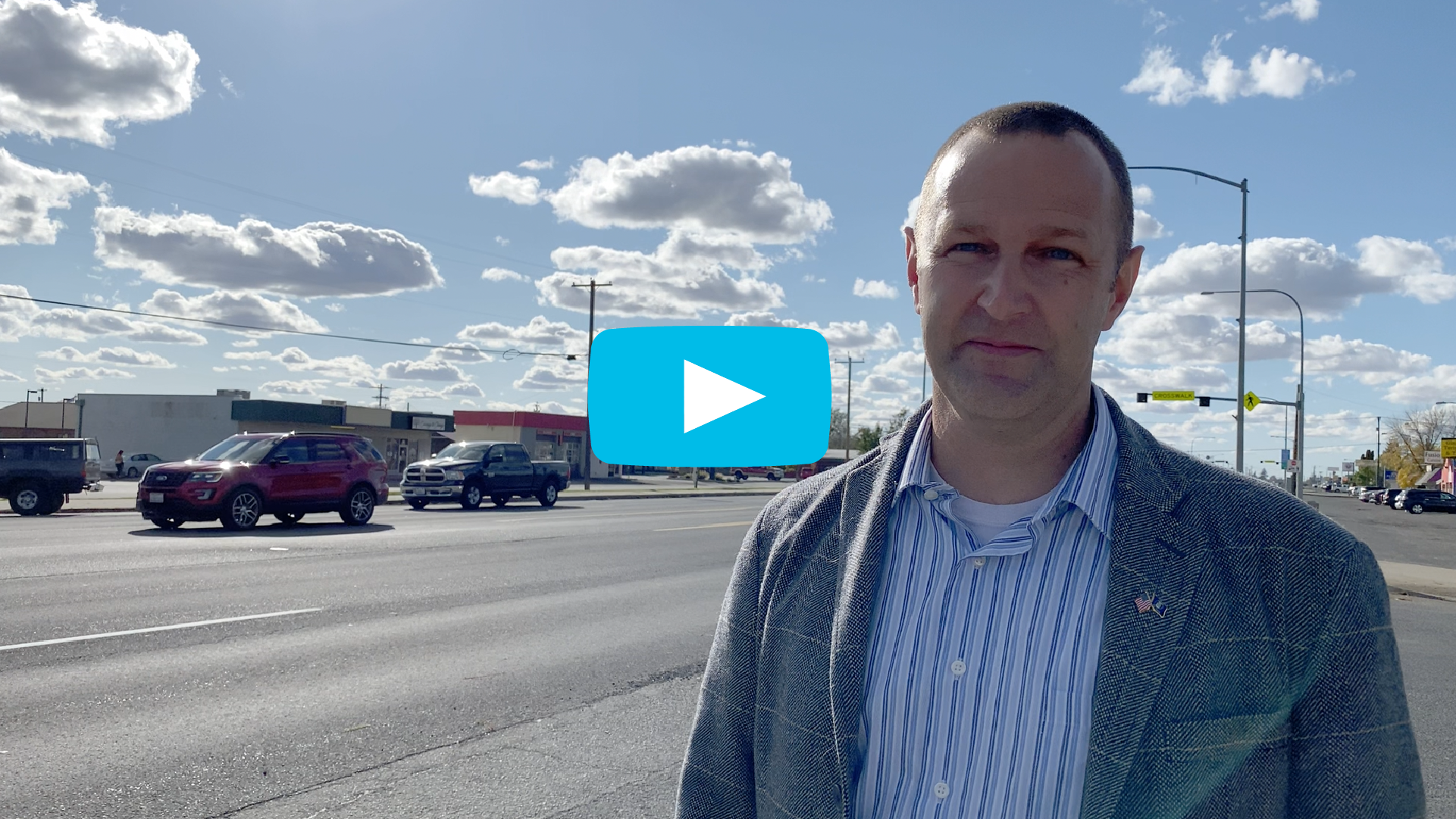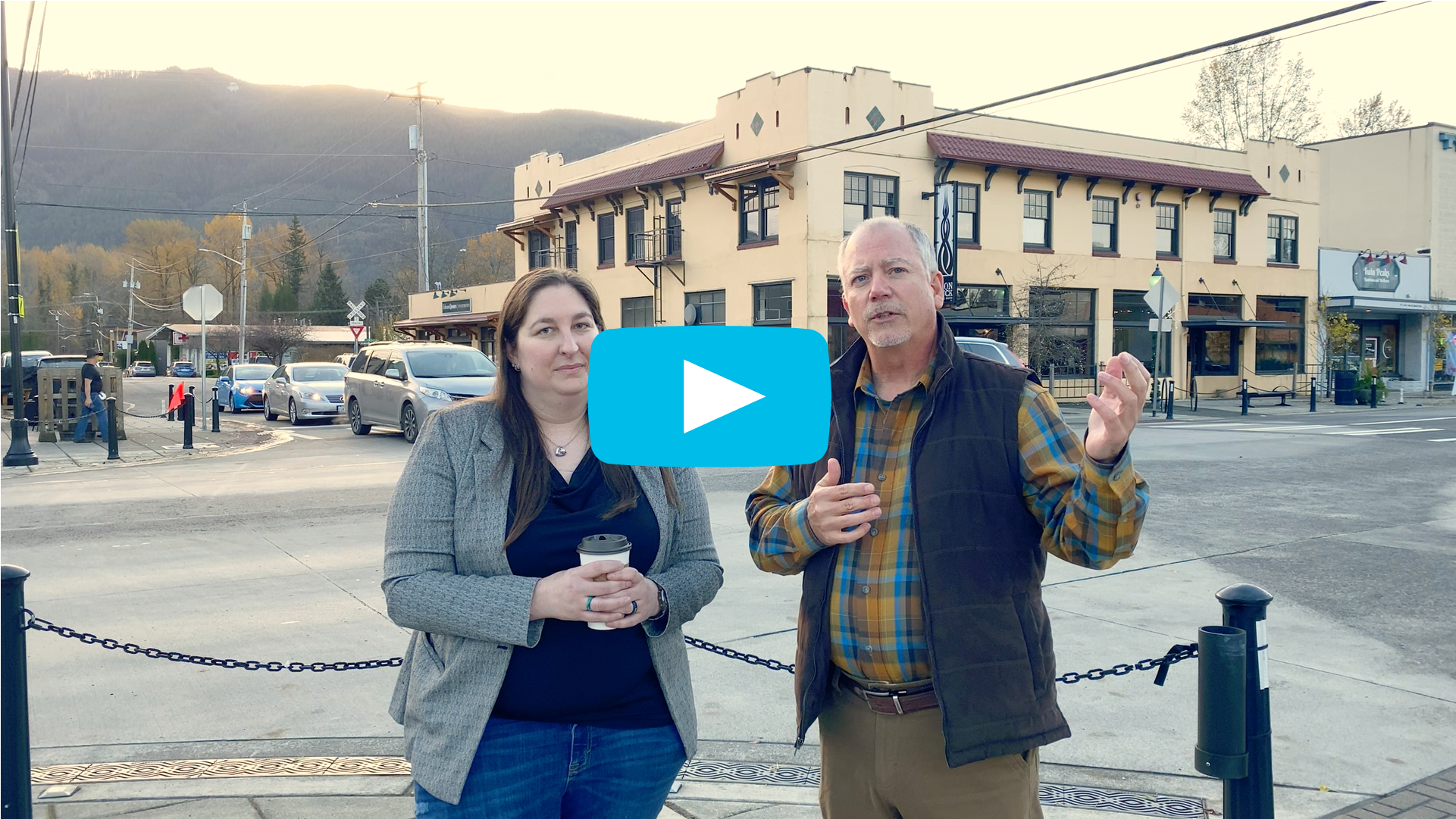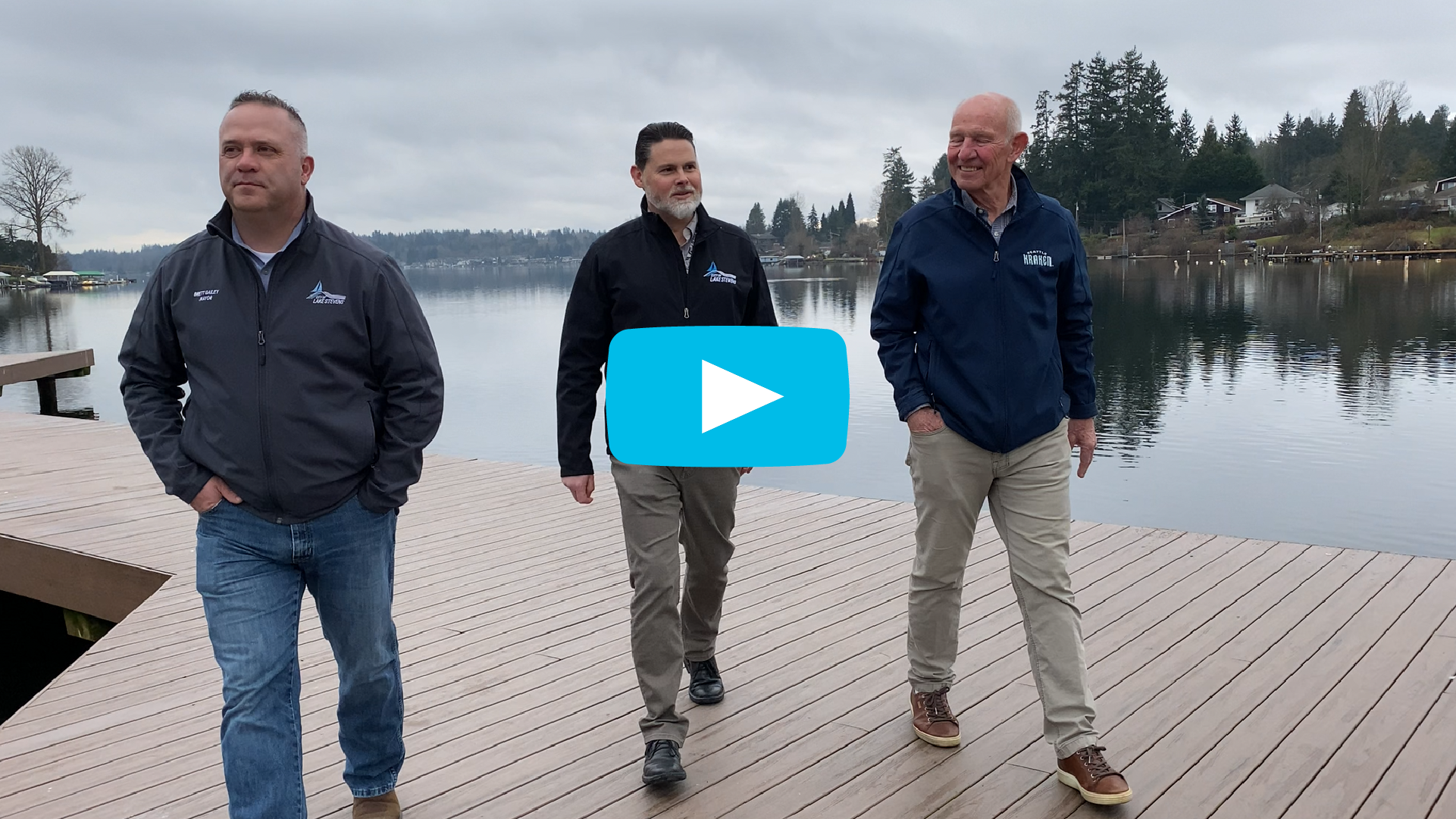August 16, 2022
2021 Awardee – Jamestown S’Klallam Tribe Housing Solutions Study
July 12, 2022
2022 Local Government Fiscal Note count
May 19, 2022
2021 Awardee – City of Kent Rally the Valley
April 14, 2022
2021 Awardee – City of Airway Heights Downtown Subarea Plan
April 5, 2022
2021 Awardee – North Bend Downtown Form-Based Code
April 5, 2022


